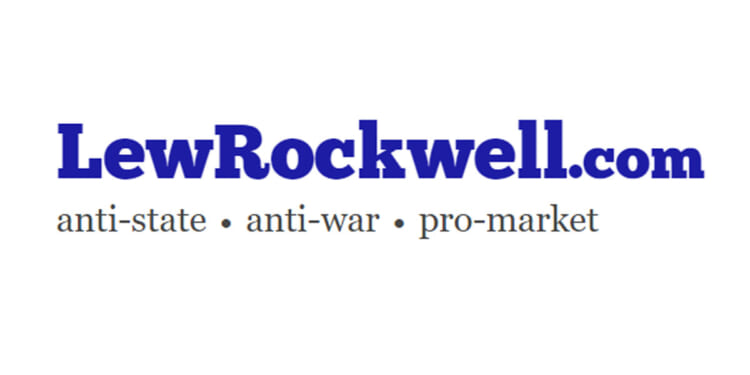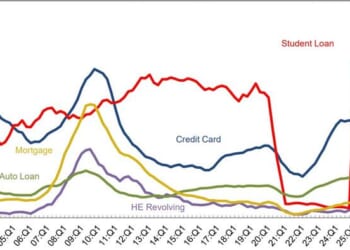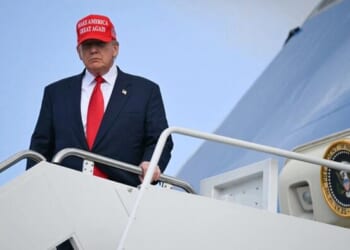President Trump has imposed tariffs – a word used to prevent people from regarding them as the taxes they are – on vehicles not made in the United States, so as to make them cost as much as (or more than) vehicles made in the United States. The key point here is that taxes do not make anything cost less.
The same as regards compliance – i.e, the cost incurred complying with government regulations. Tariffs (taxes) do not reduce the cost of compliance. What they can do is raise the costs of the goods that escaped the costs of compliance.
This is something Trump – or the people who support his imposition of tariffs (taxes) – do not understand.
It costs more to make everything in the United States because of the costs of compliance. A good example that will make the point is the cost of chrome-plating anything in the United States. It is so expensive that there are not many companies left int he U.S. that still chrome-plate parts; instead, they import chrome-plated parts – because it costs less to import them than to chrome-plate them in the United States. That is to say, even factoring in the cost of having these parts shipped across an ocean, it still costs less to have them chrome-plated in another country and shipped here than it costs to chrome-plate them here.
Now, some will say that is because chrome-plating is a nasty business in that it involves very caustic materials and processes, which is absolutely true and absolutely beside the point. The point is that it costs less to chrome-plate parts in another country because the compliance costs are lower. Taxing (via tariffs) these foreign-chrome-plated parts does not result in chrome-plated parts Made in the USA costing less. It simply raises the cost of the foreign parts to parity with those chrome-plated here.
The same applies to vehicles that are not Made in the USA. It costs less to put together a vehicle in China than it does to put one together here, even if the vehicles are otherwise identical. If an American is able to buy the lower-cost item, it saves him money. It does not save him money if the government of this country taxes (tariffs) the lower cost item. It merely eliminates the lower-cost alternative. It thereby makes everything cost more.
It does this by not addressing the costs of compliance.
Trump’s motives – assuming that they are his motives – are not bad, in the sense that there is nothing bad (as such) about wanting to see Americans working in American manufacturing again, as opposed to Americans shopping at Wal-Mart for items manufactured not in America. But this is a kind of economic non sequitur because unless compliance costs are reduced, those manufacturing jobs are not coming back – because Americans won’t be able to afford what is manufactured in America. There being little point in manufacturing what’s not going to sell. See the implosion of the EV “market” as a case of for-instance. Car manufacturers invested – if you want to use that word – billions in R&D, new plants and so on, all of which depended on the true cost of manufacturing EVs being hidden, as via federal subsidies. When the subsidies ended, the cost of an EV increased by thousands – and sales decreased in consequence.
Along with thousands of jobs.












